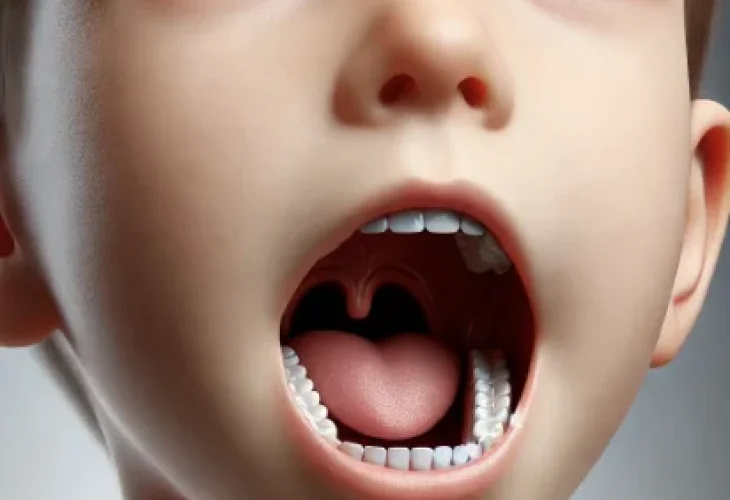Health and Nutrition
Does Removing Tonsils in Childhood Affect Long-Term Health?
Research links pediatric tonsillectomy to increased risk of respiratory illnesses later in life

A tonsillectomy is a common surgical procedure, primarily performed on children, usually due to recurrent tonsillitis, sleep apnea, or difficulty breathing and swallowing. While the surgery is often effective in resolving these issues, studies suggest that removing the tonsils during childhood may impact long-term health.
The tonsils are part of the immune system and play a role in protecting the body from pathogens that enter through the mouth and nose. In childhood, when the immune system is still developing, the tonsils serve as a key line of defense against bacteria and viruses.
A large-scale study published in JAMA Otolaryngology in 2018 found a link between childhood tonsillectomy and an increased risk of respiratory illnesses later in life. The researchers discovered that children who had undergone the surgery were more likely to develop sinus infections, asthma, and pneumonia as adults.
It was also found that removing the tonsils may disrupt immune system balance, as the body loses an important barrier against pathogens.
Why Is the Surgery Still Performed?
Tonsil removal can provide significant short-term relief for children suffering from frequent infections or sleep apnea. Improved sleep quality often leads to better daily functioning and physical development. However, doctors typically recommend the surgery only when the medical issues are severe and do not respond to conservative treatments like antibiotics or lifestyle changes.

